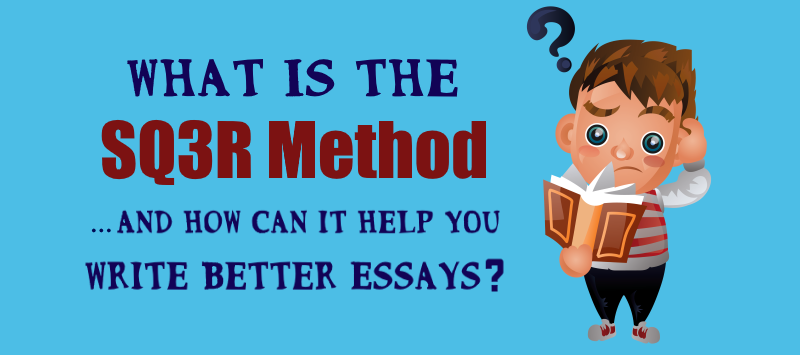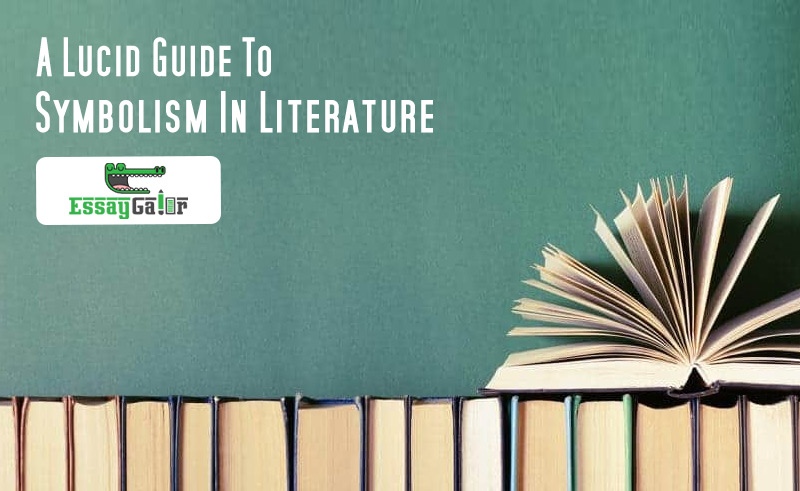A Brief Introduction To Different Types Of Sentences
A Brief Introduction To Different Types Of Sentences
Have you ever come across a speech or a piece of text and thought, “Why couldn’t I form sentences like that?” We all have been there. And even though most of us communicate in English on a daily basis, we still don’t quite know how exactly the language functions. Understanding the different types of sentences may help us have some clarity,
Primarily, there are four types of sentences, each of which is used to convey different emotions and the intention of the speaker (or writer). Even though this is a basic lesson, we will try to be as thorough as possible in explaining these 4 types of sentences in this blog.
What Is a Sentence?
Before we explore the different types of sentences, let’s learn what the definition of a sentence is.
In non-functional linguistics, a sentence can be defined as a textual unit that consists of one or more words that are linked grammatically.
In functional linguistics, a sentence is defined as a unit of written texts that are delimited by graphological attributes, including upper case letters and markers such as question marks, periods, and exclamation marks.
What Are the Four Types of Sentence?
In the English language, there are 4 types of sentences based on their purposes. These 4 different types of sentences are as follows:
- Declarative sentence
- Imperative sentence
- Interrogative sentence
- Exclamatory sentence
We will discuss their purposes later in this blog, but it is not just their purpose that makes them different. These sentence types use different punctuation marks as well. When it comes to speaking these sentences, the speaker needs to use different intonations to highlight their purposes.
What Is a Declarative Sentence?
The purpose of a declarative sentence is to make a statement. In simpler words, sentences that tell us something fall under this category of sentences. Irrespective of what kind of information they offer, whether it is a proven fact or a theoretical statement, as long as the sentence declares something – it is considered a declarative sentence.
The standard format of words in this form of sentences is as follows:
Subject + verb + object
Here the subject is generally a noun or pronoun, the verb is the action or state of being, and the object is any word(s) that is influenced by the verb.
Here is a declarative sentence example:
England (subject) lost (verb) the Euro Cup Final to Italy (Object).
As a rule of thumb, a declarative sentence ends with a period. Depending on the nature of the declarative statement, such sentences can be further classified into two categories – positive and negative statements.
What Is an Imperative Sentence?
The purpose of an imperative sentence is to tell others to do something. In other words, this type of sentence is used to give a command. Such sentences can end with either a period or an exclamation mark.
The word order and the form of such sentences can be quite different from other types of sentences. It often does not have a subject. This is because the sentence speaks to the recipient or reader (in the case of a written text). Usually, the format of such sentences is:
Base verb + any additional details
Here is an imperative sentence example:
Kindly find (verb) the attachment (object).
These sentences can also be positive or negative. Such sentences are usually used in writing dialogues between characters or in the form of a "call to action".
What Is an Interrogative Sentence?
The purpose of an interrogative sentence is to receive information in response. In simpler words, any sentence that asks a question can be counted as an interrogative sentence. Such sentences always end with a question mark.
The word order of an interrogative sentence is also quite different from other sentence types:
(wh-word or how) + auxiliary verb + subject
Here is an interrogative sentence example:
Where (wh-word) is (auxiliary verb) my money (subject)?
Similar to other sentence types, an interrogative sentence can also be either positive or negative.
What Is an Exclamatory Sentence?
The purpose of an exclamatory sentence is to express a strong surprise of emotion. Such sentences always end with an exclamation mark.
Here is the basic order(s) of words in such sentences:
What (+ adjective) + noun + subject + verb
How (+ adjective/adverb) + subject + verb
Here are a few exclamatory sentence examples:
What a wonderful (adjective) world (subject)!
How nice (adjective) it (subject) was (verb)!
Now that you have a basic understanding of the different types of sentences used in the English language, it may help you construct your sentences better. However, if you still need help, you can always ask for assistance from the experts.
Need Assistance with Essay Writing? You Have Come to the Right Place
If you don't feel confident in constructing sentences in English yet have an essay or assignment for your academic course, you can get the necessary support at Essaygator.com. It is one of the leading academic writing companies in the business. While you do get quality essay writing services from qualified experts, you also get to enjoy the following features every time you place an order at the website:
- Error-free, well-structured solutions as per your needs
- On-time delivery of the orders even under tight deadlines
- 100% plagiarism-free solutions with an on-demand report
- Affordable pricing with great deals and discounts
- Free rework support for all unfulfilled orders
- 24x7 active customer support with instant response
- Safe and secure payment gateways to ensure hassle-free transactions
- Complete privacy of data from third parties
Since a majority of the experts have PhD under their names, you can expect nothing but the best from Essaygator.com.

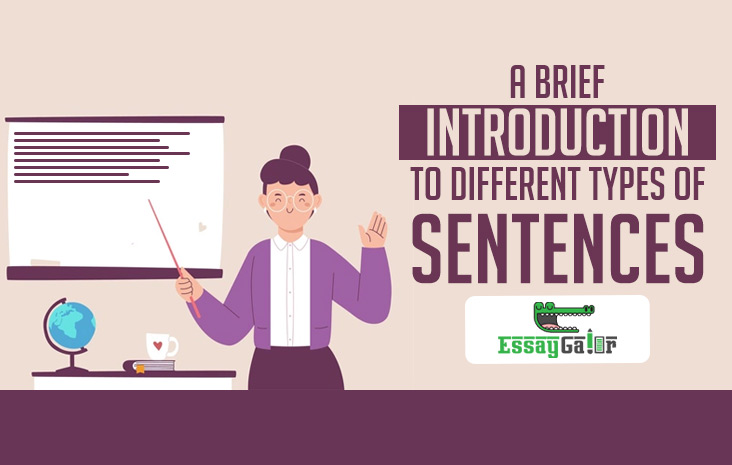
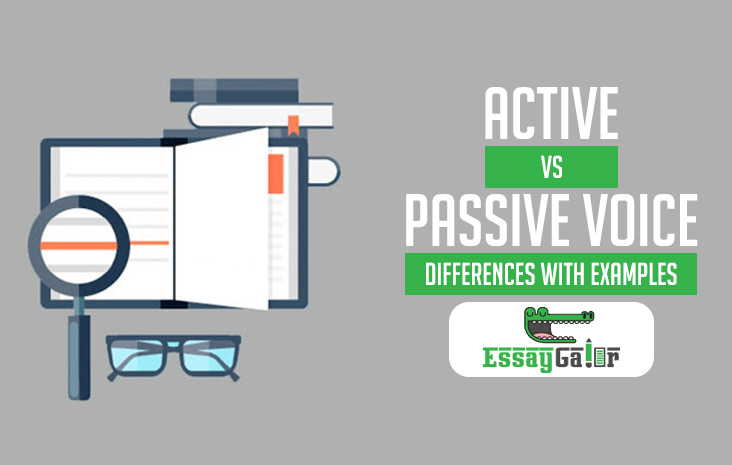
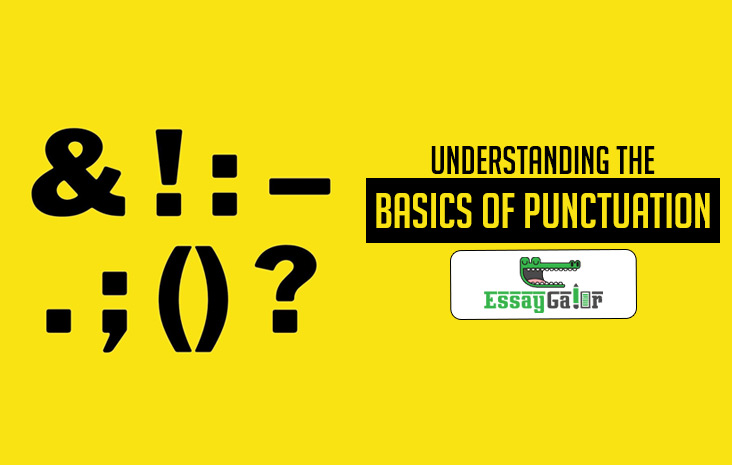

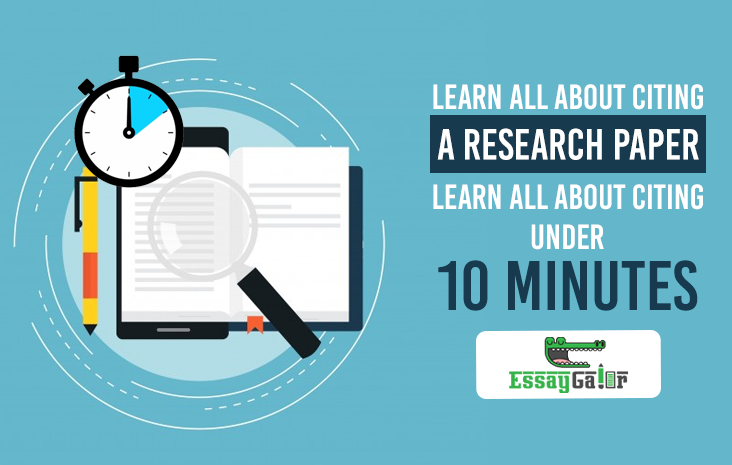


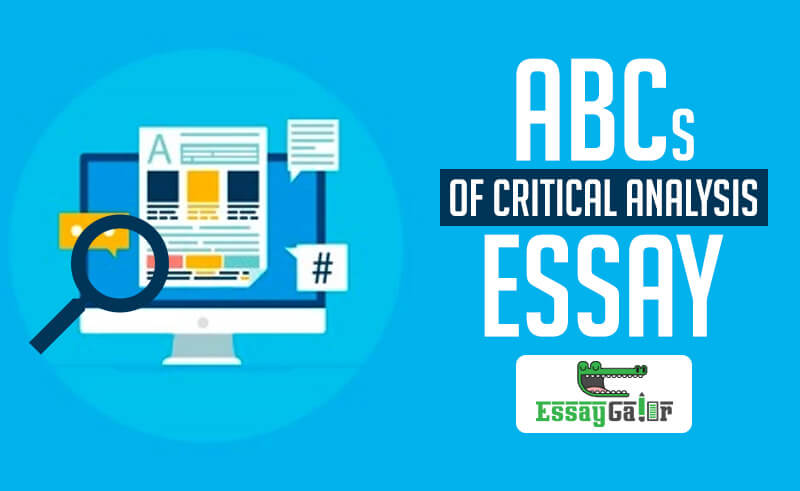
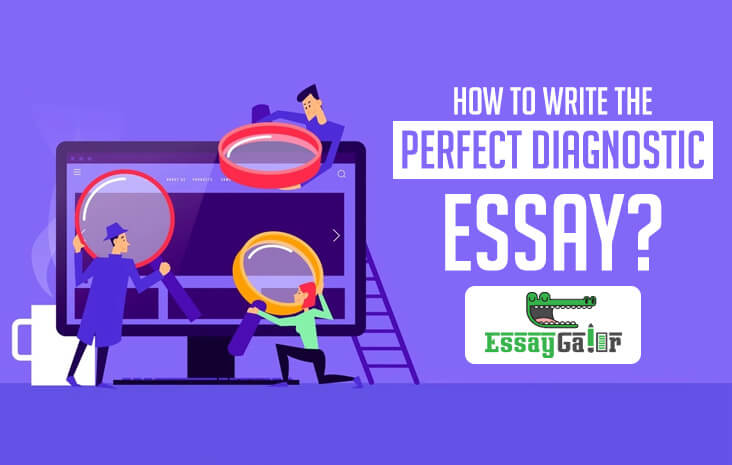

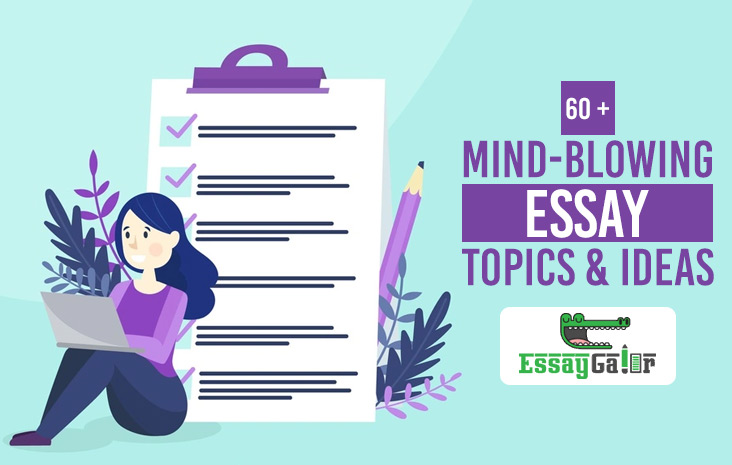

 394 Order Completed
394 Order Completed 302 Reviews
302 Reviews





























